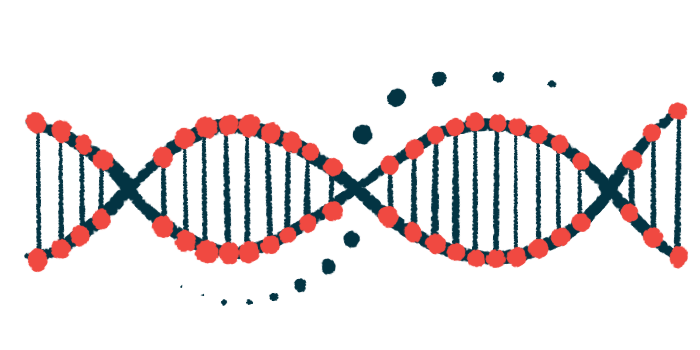Geneventiv notes FDA ‘positive’ feedback on hemophilia A therapy
Company, agency align on plans for clinical testing
Written by |

Geneventiv Therapeutics said it had a “positive and constructive” meeting with the U.S. Food and Drug Administration (FDA) on its plan to develop GENV-HEM, a gene therapy for hemophilia A.
The meeting “represents a key regulatory milestone for Geneventiv,” Damon Race, CEO of Geneventiv, said in a company press release.
In the INTERACT meeting — a type of meeting designed for the FDA to provide regulatory advice to early-stage therapies — the FDA confirmed alignment on Geneventiv’s plans for preclinical experiments to support an investigational new drug application (IND), a request to begin clinical testing in people.
“The Agency’s confirmation of our IND-enabling development plan further validates the rigor of our scientific and manufacturing approach and provides a clear path toward first-in-human studies,” Race said. “With regulatory risk now substantially reduced, we are focused on advancing GENV-HEM to IND submission readiness.”
Hemophilia A is caused by a deficiency of a clotting protein known as factor VIII, usually due to mutations in the gene that encodes this protein. The protein deficiency means that blood cannot clot correctly, which leads to hemophilia symptoms such as unusually easy and prolonged bleeding. Standard treatment involves replacement therapy, where a working version of the defective protein is administered into the body.
Gene therapy aims to aid clotting activity
The basic idea behind gene therapy for hemophilia is to deliver a gene encoding a functional clotting factor into the body’s cells, thus restoring clotting activity and controlling bleeding. Biomarin’s Roctavian (valoctocogene roxaparvovec-rvox), the only gene therapy approved in the U.S. for hemophilia A, works to deliver a gene encoding the factor VIII protein itself.
GENV-HEM is designed to work a bit differently: Instead of a gene encoding factor VIII, the therapy is designed to deliver a gene encoding a clotting protein called activated factor Va. Normally, one of factor VIII’s most important jobs is to trigger clotting by helping activate factor Va; by delivering a gene encoding this protein, the therapy aims to normalize overall clotting activity.
Geneventiv is developing GENV-HEM as a potential treatment for hemophilia A patients with or without inhibitors, antibodies that can reduce the efficacy of standard replacement therapies.
“We appreciate the FDA’s thoughtful engagement and the opportunity to align early on our development strategy,” said Paris Margaritis, Geneventiv’s chief scientific officer. “GENV-HEM has demonstrated robust preclinical activity and the potential to address the unmet needs of hemophilia patients with or without inhibitors through durable endogenous Factor Va expression.”



